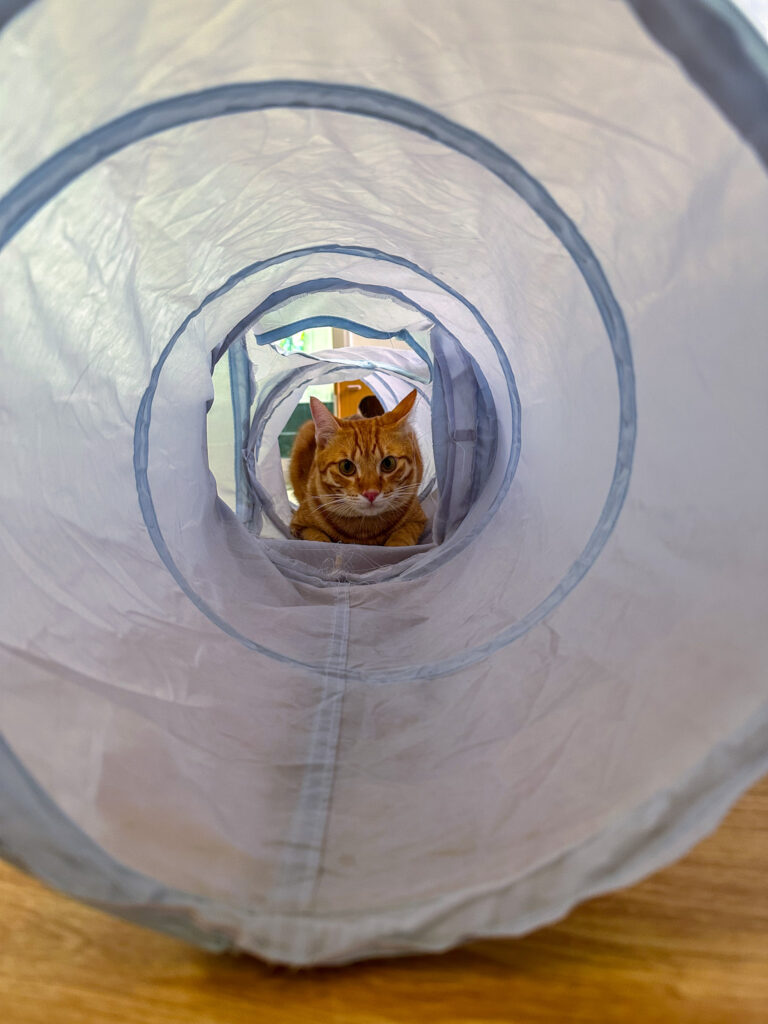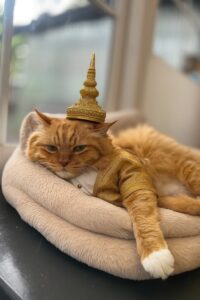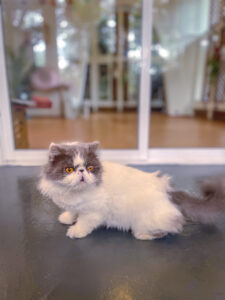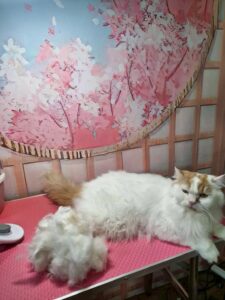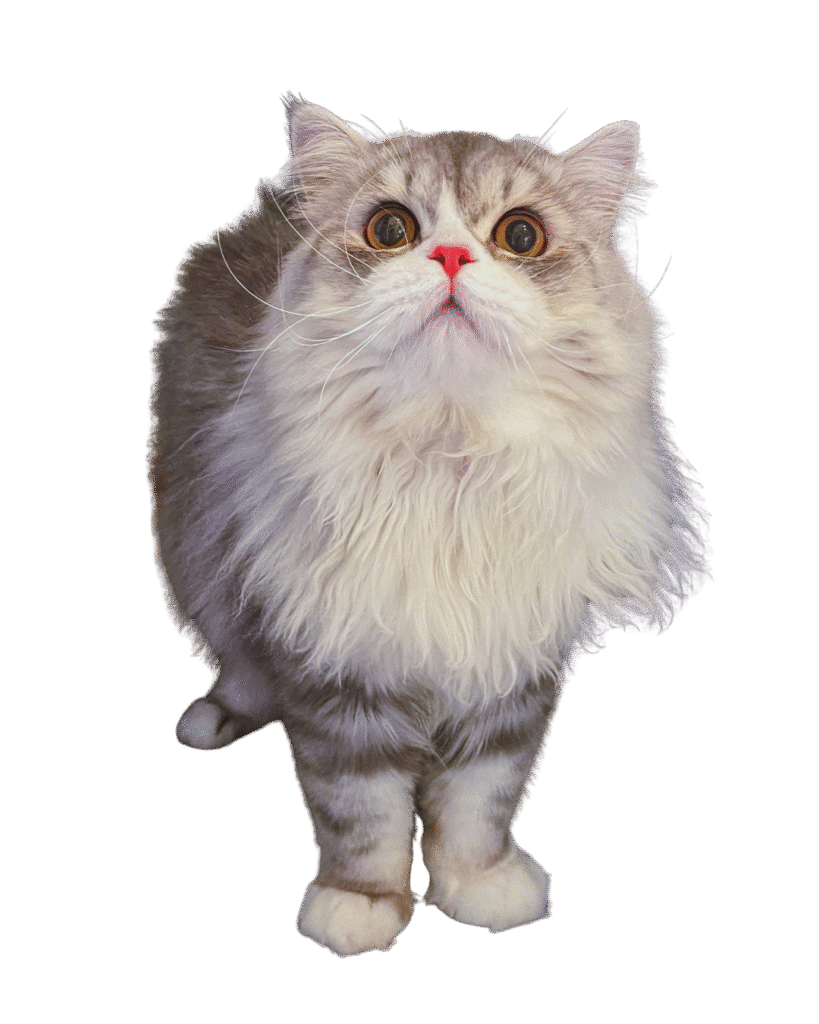Play is more than entertainment for cats, it’s essential to their physical health, mental stimulation, and emotional well-being. Choosing the right cat toys by age and breed is the ultimate way to keep your feline happy. With a thoughtful approach, you can enrich your cat’s daily life and strengthen your bond.
Why Play Matters for Cats
Play keeps cats active, helps manage weight, prevents boredom, and reduces behavioral issues. It also allows them to express natural instincts such as hunting, chasing, and pouncing. Regular playtime builds confidence in shy cats and provides healthy outlets for energetic ones.
Beyond exercise, play is a powerful stress reliever for cats. Regular play reduces anxiety, prevents destructive behaviors like scratching furniture, and creates a sense of routine that makes cats feel secure. For multi-cat households, structured play can also ease tension and help cats bond, turning potential rivalry into shared fun.
Cat Toys by Age
Toys for Kittens (0–6 months)
Kittens are full of curiosity and energy. They thrive on toys that stimulate their senses and encourage exploration.
- Feather wands to mimic birds
- Lightweight balls for chasing
- Soft plush toys for comfort
Wand toys with bells or crinkly textures also engage their hearing and keep their play sessions exciting. When selecting cat toys by age and breed, kittens benefit most from lightweight, interactive toys that build coordination and satisfy their curiosity.
Toys for Adult Cats (6 months – 8 years)
Adult cats vary in energy levels depending on breed and personality. They benefit from interactive and mentally stimulating toys.
- Puzzle feeders to combine play and mealtime
- Laser pointers for chasing exercises
- Cat tunnels and climbing trees for exploration
Interactive toys that dispense treats can also help prevent boredom while encouraging problem-solving.
Toys for Senior Cats (8+ years)
Older cats may slow down, but they still need gentle play to stay agile and mentally sharp.
- Soft toys that are easy to bat
- Slow-moving teaser wands
- Treat-dispensing toys for mental stimulation
Heated mats paired with soft toys provide comfort while still encouraging gentle interaction.
Cat Toys by Breed
Persian & British Shorthair
These laid-back breeds often prefer quiet play. They enjoy soft toys, rolling balls, and teaser wands.
Siamese & Oriental Breeds
Intelligent and active, they need interactive and challenging toys such as puzzle feeders and climbing structures.
Maine Coon & Ragdoll
Large, playful breeds thrive with sturdy toys, tunnels, and climbing towers that support their size and energy.
Understanding cat toys by age and breed helps you combine breed-specific traits with life stage needs, ensuring safe and enjoyable play sessions.
Cat Toys by Personality
- The Hunter: Loves toys that mimic prey (mice toys, feather wands).
- The Explorer: Prefers tunnels, boxes, and puzzle toys.
- The Wrestler: Enjoys kick sticks and plush toys to grip and kick.
- The Chaser: Thrives on moving toys like ball tracks and motorized toys.
- The Jumper: Needs teaser wands and toys that encourage leaping.
Read more about the best cat toys.
FAQs About Cat Toys by Age and Breed
How much playtime do cats need?
Most cats benefit from 15–20 minutes of play twice a day. Kittens often need more frequent, shorter sessions.
Do older cats play less?
Yes, but gentle play keeps them active and prevents stiffness. Adjust toys to their comfort level.
Can cats play too much?
Overexcitement is rare but possible. If your cat pants heavily or hides after play, shorten sessions.
Do cats need to be entertained every day?
Yes. Play is vital for preventing boredom, stress, and destructive behavior.
What are the benefits of playing with your cat?
Play supports physical health, reduces anxiety, and strengthens the human-cat bond.
Final Thoughts
Selecting the right cat toys by age and breed ensures your feline stays happy, healthy, and active. Whether you have a playful kitten, a relaxed Persian, or a curious explorer, the right toys bring out their best qualities. Rotate toys regularly, observe your cat’s preferences, and adapt as they grow, because play is not just fun, it’s a foundation for a thriving life.


